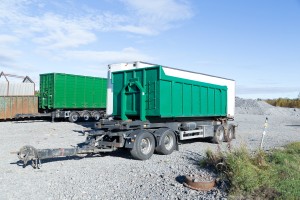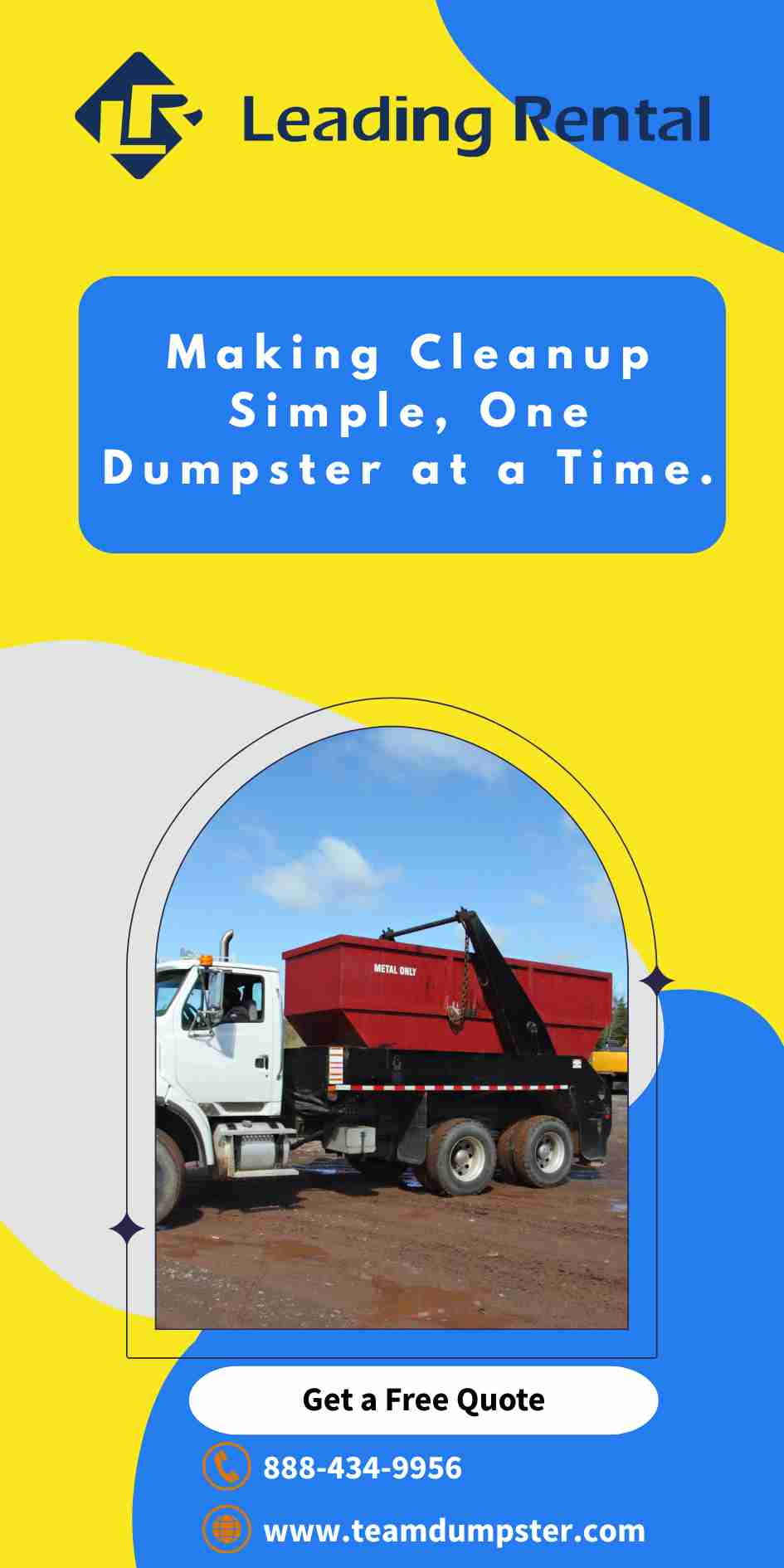
Renting a dumpster for home projects such as renovation, cleanup, or moving seems simple, but several laws govern how waste can be collected, stored, and disposed of. In Texas, both federal and state rules apply, especially when it comes to what can and cannot go into a dumpster placed at a residential property.
Federal Laws: Waste, Hazardous Material & Environmental Protection
There is no single federal law that directly regulates residential dumpster rentals, but broader environmental laws impact what materials can be discarded.
- Resource Conservation and Recovery Act (RCRA): This law controls hazardous waste disposal. Homeowners must ensure items like paints, solvents, and chemicals are not mixed with regular trash in a dumpster.
- Clean Water Act and Clean Air Act: These laws prohibit dumping any materials that could contaminate water or release harmful airborne substances. Items like oils, fuels, or aerosol cans should never go in a standard dumpster.
Even if your rental company doesn’t mention it, you remain responsible under federal law for anything you place inside the dumpster.
Texas State Regulations
Texas has specific state laws that further define how waste is managed.
- Texas Health and Safety Code, Chapter 361 – Solid Waste Disposal Act: This requires waste to be handled and disposed of properly through approved facilities.
- Chapter 363 – Municipal Solid Waste: Focuses on how cities manage household waste and recycling programs.
- Chapter 341 – Minimum Sanitation Standards: Ensures that garbage is stored safely and doesn’t create public health hazards or attract pests.
- Illegal Dumping Laws: It’s against the law to dispose of waste anywhere other than approved dumpsters or facilities. Violations can lead to fines and legal action.
What This Means for Residential Dumpster Rentals
- Permits:
If you place a dumpster on public property such as a street or sidewalk, you may need a permit from your local city office. If it’s on private property, permits are usually not required, but rules can vary by location. - Placement Rules:
Dumpsters cannot block fire hydrants, streets, or sidewalks. They must be placed on stable ground that can handle their weight. - Prohibited Materials:
Hazardous items like chemicals, batteries, oils, electronics, tires, and fluorescent bulbs should never be placed in dumpsters. - Fees and Fines:
Disposing of prohibited items can result in cleanup charges or penalties under Texas waste laws. - Local Ordinances and HOA Rules:
Cities and homeowner associations may have their own rules about how long a dumpster can remain, what size is allowed, or whether it must be screened from view.
Final Thoughts
Before renting, always check with your rental company about prohibited items and local permit requirements. Place the dumpster safely, keep it covered to prevent debris from blowing away, and schedule timely pickup. Following these simple guidelines will keep you compliant with federal and Texas laws while maintaining a clean and safe residential space.
Tags:
dumpster rental Roll Off DumpsterCategory:
DUMPSTER RENTAL
© Easy Rent Zone. All Rights Reserved.
 Easy
Easy